As Thanh Nien reported, on May 22, the Ho Chi Minh City Department of Construction issued a document on strengthening inspection and supervision of wastewater treatment, paying special attention to restaurants and food establishments. The document was issued after the Ho Chi Minh City Technical Infrastructure Management Center (under the Ho Chi Minh City Department of Construction) reported that during the dredging of the drainage system, grease in the sewers was still recorded, affecting the drainage capacity.
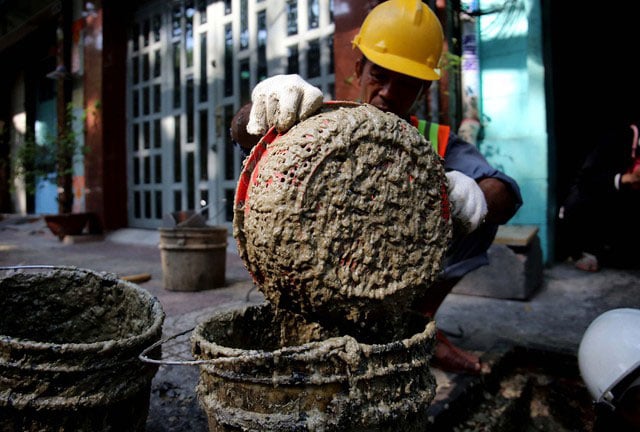
Environmental workers scoop grease from sewers in Ho Chi Minh City.
The Department of Construction requested the Department of Natural Resources and Environment and the People's Committees of districts, towns, and Thu Duc City to strengthen inspection and supervision of wastewater treatment of production and business establishments before discharging into the drainage system. During the process of maintaining and dredging the drainage system, if restaurant owners are found to have not installed a grease trap system before connecting to the drainage system, the maintenance unit and local authorities will coordinate to handle the situation.
The streets are flooded because of waste clogging the drains.
Many readers (BÐ) said that every day they still witness many restaurants directly dumping grease and waste into the sewer. "I see many restaurants, especially on the sidewalk, after cooking, they step out and pour the excess grease down the drain. The grease after cooking has thickened, so when poured down the drain, it will still go down, but whether it will flow away is uncertain. But one thing is for sure, if it keeps floating, mixed with trash and plastic bags, the drain will be clogged," BÐ Uvland observed.
Sharing the same view, BÐ Xanh Sach Dep acknowledged: "In reality, shops, especially sidewalk shops and street vendors, often discharge oily wastewater into the sewer. This causes sewer blockage and flooding every time it rains, but in fact the sewers still drain well."
Real estate agent Hoang Cong Nhu affirmed: "Many restaurants and eateries do not have grease pits. Most of them discharge directly into the sewer. The Department of Construction and the Department of Natural Resources and Environment will definitely find this when they go to inspect."
From there, this BD commented: "In order to prevent restaurants from dumping grease and leftover food into the sewer, I suggest that when granting food business licenses, the Department of Construction and the Department of Natural Resources and Environment must come down to inspect. Food businesses must build a grease treatment system. If they have not done so, I suggest they stop operating."
Severe punishment to increase deterrence
BĐ believes that once grease waste is identified as one of the causes of clogged drainage systems, the authorities need to come up with a plan to completely handle it. "The cost of grease separators is not high, completely within the reach of restaurants. The Department of Construction has instructed food and beverage establishments to install grease separators, so just follow that and please do not discharge directly," BĐ Hanso said.
Meanwhile, BÐ Liem proposed sanctions: "Discharging grease into the sewer is unacceptable. If people do business for profit and affect the environment, the management agency should have sanctions for them." Similarly, BÐ G76 supported the penalty solution: "Punish heavily, we cannot let shops dump waste so easily. Not only shops but also apartments, townhouses, and street vendors, who discharge waste without any sense. Looking at the act of dumping grease and pots of broth directly into the sewer, we can immediately see the harm. On rainy days, big or small, it makes the environmental sanitation workers work hard, even dangerously, when they have to dive to clear the sewers."
"I think that to be fair, there should be no fines, but the restaurants should pay for the cost of cleaning the sewers right in the restaurant area," Bao Quoc suggested. Quyet Tam suggested: "The professional agency needs to specifically determine the extent to which the situation of discharging grease directly into the sewer affects drainage. If we just stop at the level of warnings, I'm afraid it will be difficult to solve the problem. There are many causes of flooding in the city, and among them, grease waste can be handled in advance. We can study and apply the Law on Environmental Protection to increase deterrence."
* Why are there roads that have not been built for a long time and do not flood when it rains, but now they flood when it rains? Thinking back to the past, there was no trash at the drains on these roads, but now they are covered with trash.
Truong Hao
* Not only does it cause flooding on rainy days, on sunny days anyone passing by these manholes must cover their noses because of the stench coming from the sewers.
Vu Thanh
* Dealing with these restaurants and food establishments is very simple. Just place a surveillance camera nearby and you will immediately catch the scene of grease being dumped into the drain.
82828
Source link




![[Photo] Prime Minister Pham Minh Chinh chaired a meeting to discuss solutions to overcome the consequences of floods in the central provinces.](https://vphoto.vietnam.vn/thumb/1200x675/vietnam/resource/IMAGE/2025/10/29/1761716305524_dsc-7735-jpg.webp)
![[Photo] National Assembly Chairman Tran Thanh Man received a delegation of the Social Democratic Party of Germany](https://vphoto.vietnam.vn/thumb/1200x675/vietnam/resource/IMAGE/2025/10/28/1761652150406_ndo_br_cover-3345-jpg.webp)

![[Photo] Flooding on the right side of the gate, entrance to Hue Citadel](https://vphoto.vietnam.vn/thumb/1200x675/vietnam/resource/IMAGE/2025/10/28/1761660788143_ndo_br_gen-h-z7165069467254-74c71c36d0cb396744b678cec80552f0-2-jpg.webp)
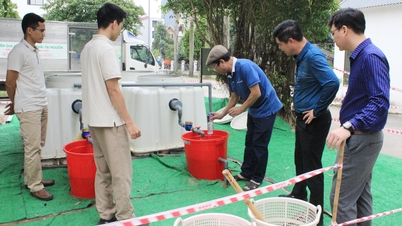



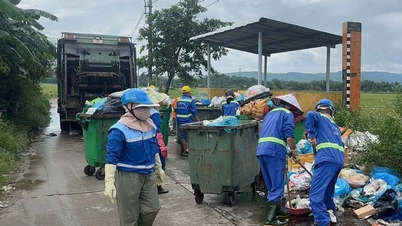

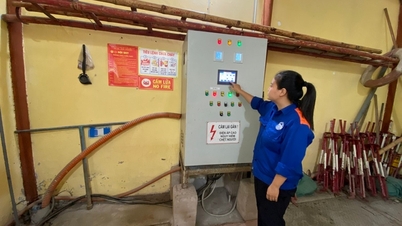

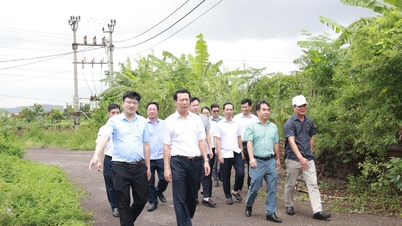

















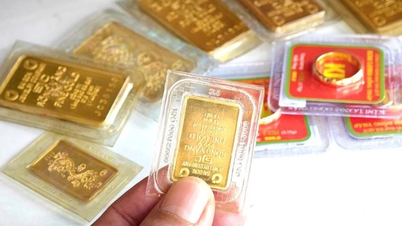
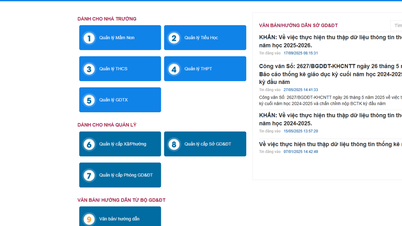



![[Photo] Draft documents of the 14th Party Congress reach people at the Commune Cultural Post Offices](https://vphoto.vietnam.vn/thumb/1200x675/vietnam/resource/IMAGE/2025/10/28/1761642182616_du-thao-tai-tinh-hung-yen-4070-5235-jpg.webp)

































![[Infographic] Vietnam's socio-economic situation in 5 years 2021-2025: Impressive numbers](https://vphoto.vietnam.vn/thumb/402x226/vietnam/resource/IMAGE/2025/10/29/1761730747150_anh-man-hinh-2025-10-29-luc-16-38-55.png)
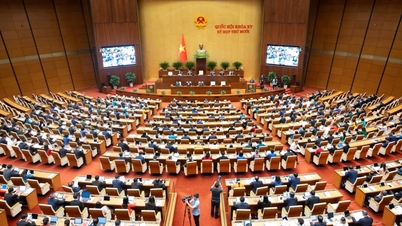




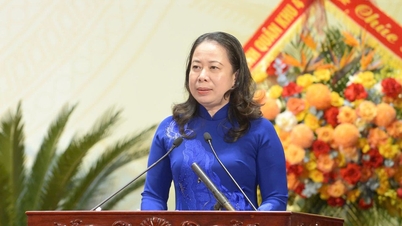







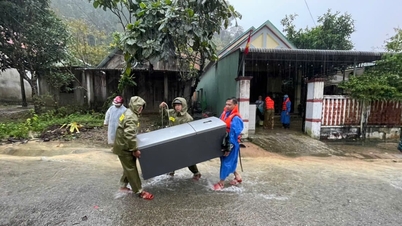
























Comment (0)